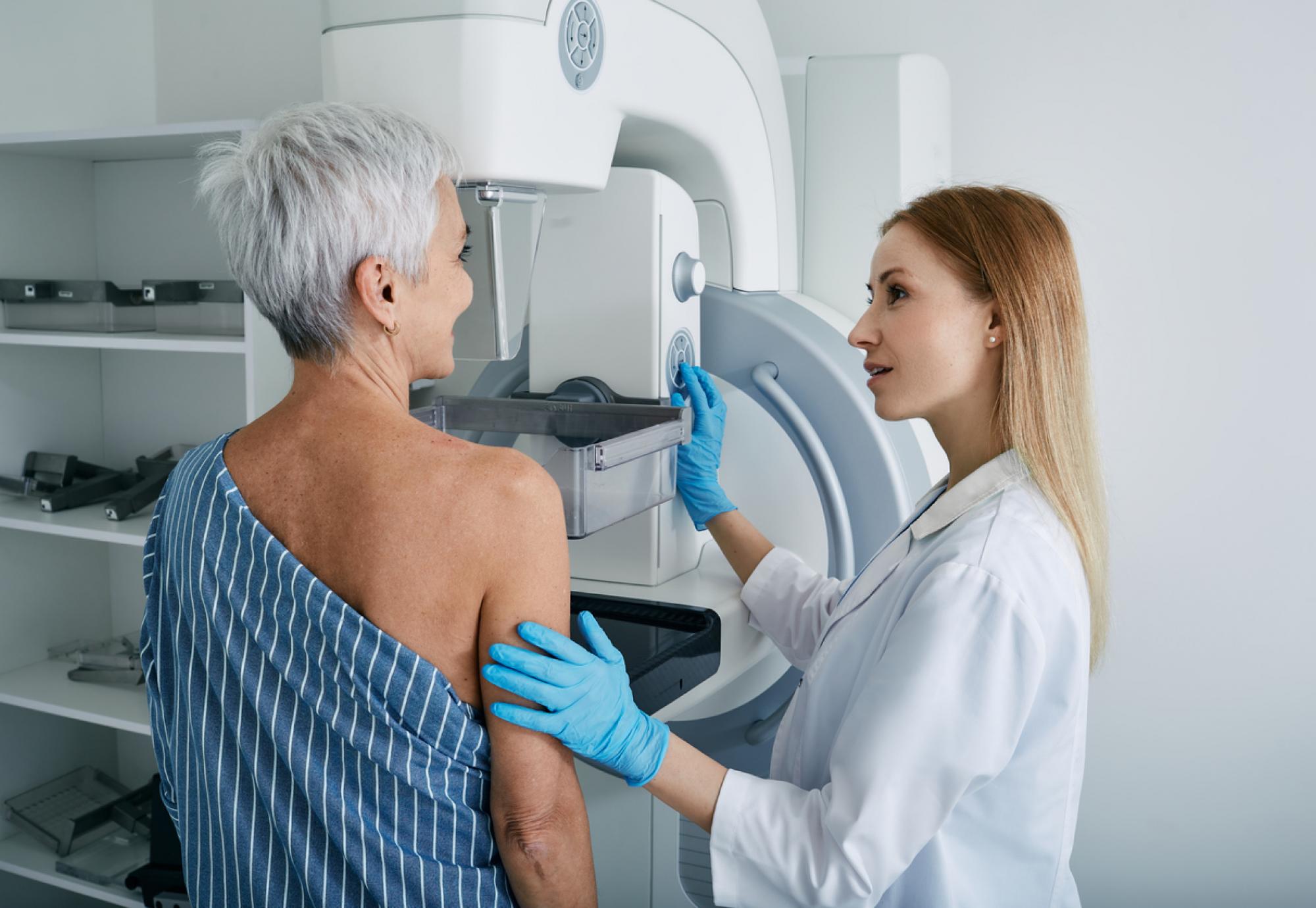Breast cancer will cost the NHS and the UK economy as much as £2.8bn in 2024 and will rise further unless action is taken, a new report has revealed today.
Research from Breast Cancer Now suggests that, if nothing changes, the annual cost of breast cancer to the UK will rise by nearly 40% by 2034 and up to £3.6bn.
These figures include diagnostic and treatment costs, productivity loss costs, and individual costs to patients. For 2024, the implications of breast cancer will cost the NHS £727m according to the research.
The report has been published in collaboration with Demos, a cross-party think tank, and further states that the “true human cost” of breast cancer will amount to £17.5bn in 2024.
“…the consequences of us failing to act now are dire.” – Baroness Delyth Morgan
Characterised as wellbeing costs, the £17bn figure relates to the wider and often unrecognised impacts of breast cancer, according to the charity.
This includes the costs associated with a reduced quality of life and early death, as well as the affect on carers, partners and children.
The UK sees more than 11,000 people die from breast cancer every year, with around 55,000 new cases.
Breast Cancer Now is calling on UK governments and policymakers to acknowledge the scale of the crisis and work with the charity to introduce measures to improve the lives of impacted people and alleviate the burden on the economy and NHS.
Baroness Delyth Morgan, Breast Cancer Now’s chief executive, said: “These revealing, first-of-their-kind, estimates of the economic and wellbeing costs of breast cancer in the UK show that breast cancer is far from being a ‘done deal’, and the consequences of us failing to act now are dire.”
Baroness Morgan, who is set to step down from her role at Breast Cancer Now this spring, described the report as a “wake-up call” to leaders and urged for decision makers to consider some of the modelling completed as part of the report.
“Shifting towards a more preventative model of healthcare overall is vital…” – Lucy Bush
The report states that, by increasing screening uptake from 2019 rates to 80%, the UK would achieve economic savings between £96m to £111m by 2034. Wellbeing cost savings would be closer to £1.2bn by the same year.
The research team also used previous work from Sweden to evaluate the impact of ensuring everyone diagnosed with breast cancer can access a cancer nurse specialist. The NHS would save around £118m by 2034, while wellbeing costs would be £312m.
Finally, the report analysed the effect of helping people return to work, specifically if the UK could:
- Halve the number of sick days taken by those with breast cancer
- Help 50% of those who currently only return to work on a part-time basis, back into full-time work
- Help 50% of patients who currently don’t return to work at all, back into the workplace
Modelling showed that this would achieve cost savings of up to £411m.
Research director at Demos, Lucy Bush, commented: “At Demos, we have long been making the case for a more preventative approach in healthcare delivery and this report demonstrates the value of such a model in relation to cancer care.
“Shifting towards a more preventative model of healthcare overall is vital as we face a rising tide of demand for healthcare that firefighting alone will not stem. A preventative approach will reduce the strain on the public purse at the same time as creating a stronger and more resilient population.”
Read the report here.
Image credit: iStock



















